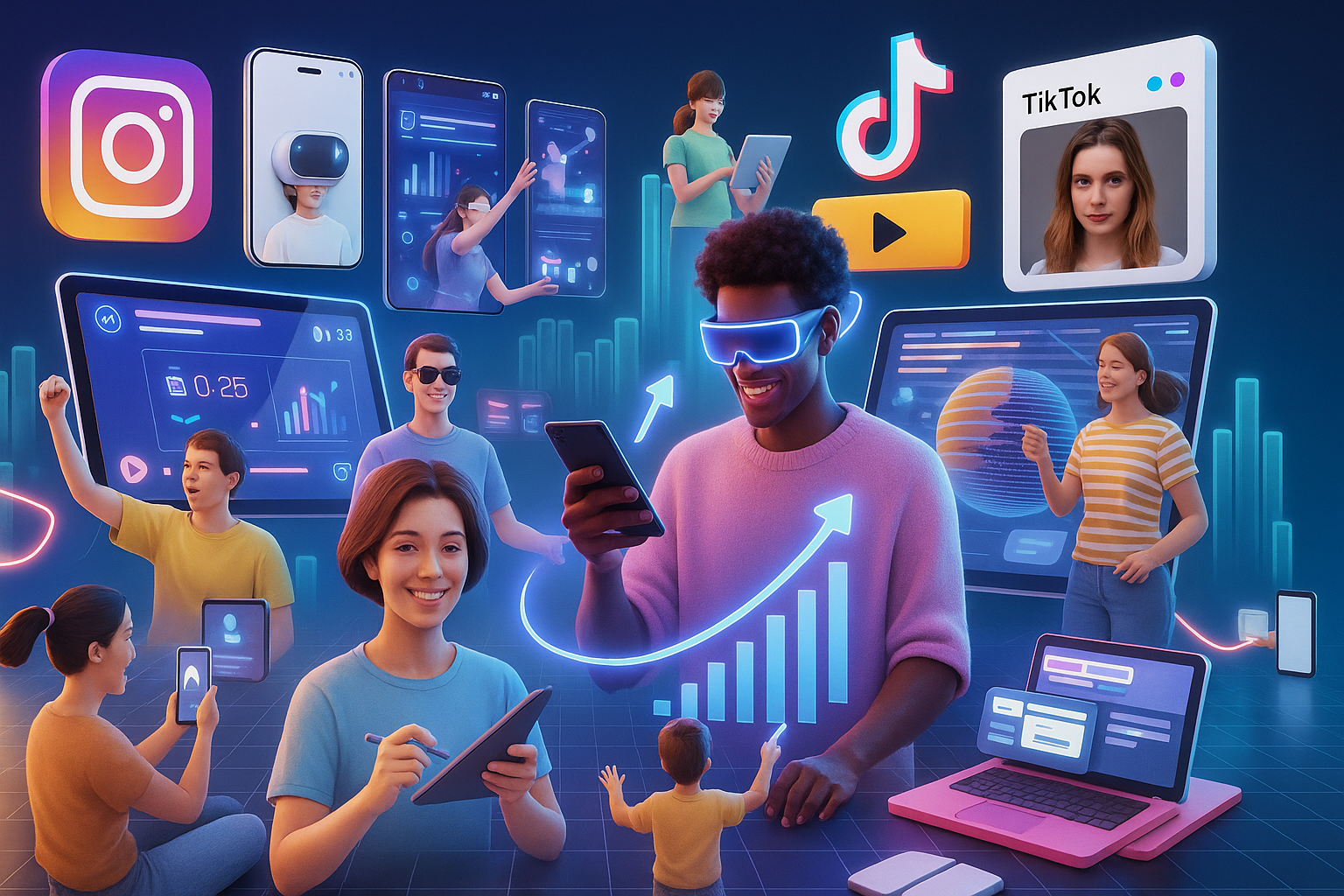Unlocking Efficiency: How Custom AI Agents Revolutionize Agency Workflows

In an era where agencies juggle complex workflows, client demands, and tight deadlines, the adoption of custom AI agents has emerged as a transformative solution. These intelligent systems—designed to integrate seamlessly with existing tools—are redefining productivity by automating repetitive tasks, enhancing decision-making, and acting as collaborative "AI coworkers." For agencies seeking to stay competitive, the shift from generic AI tools to purpose-built agents isn’t just advantageous—it’s essential.
The Limitations of Generic AI in Agency Environments
Generic AI tools, while powerful, often fall short in addressing the nuanced needs of agencies. Off-the-shelf solutions lack context about an agency’s proprietary systems, brand guidelines, or client-specific workflows, leading to inaccuracies and inefficiencies. For example, a marketing agency using generic AI might struggle with campaign reporting that requires blending data from customized CRM platforms, social media analytics tools, and internal project management systems.
AI integration challenges further compound these issues. Adopting yet another standalone tool creates siloed data and fragmented processes, forcing teams to waste time switching between platforms. A study by Arcee AI highlights that disconnected workflows can reduce operational efficiency by up to 30%, as employees manually bridge gaps between systems.
How Custom AI Agents Transform Agency Operations
Seamless Integration with Existing Tools
The true power of custom AI agents lies in their ability to operate natively within an agency’s existing tech stack. Unlike generic tools, these agents are engineered to interact directly with platforms like Slack, Google Workspace, and niche CRM systems. For instance, a "data analyst agent" could autonomously pull metrics from Google Analytics, format insights into client-ready reports, and share them via Slack /Teams—all without human intervention.
This seamless integration eliminates the need for manual data transfers, reducing errors by 85% and accelerating task completion by 70%. Agencies specializing in e-commerce have leveraged such agents to automate inventory updates across Shopify, WooCommerce, and vendor portals, ensuring real-time accuracy across sales channels.
Collaborative AI Coworkers for Specialized Tasks
Custom AI agents function as specialized team members. A "social profile finder" agent, for example, can scan LinkedIn, Twitter, and Instagram to curate influencer lists for client campaigns, cross-referencing engagement metrics and audience demographics. This precision allows human teams to focus on creative strategy rather than data scraping.
In client-facing roles, AI coworkers enhance responsiveness. Companies using AI agents can potentially have a 40% reduction in time spent on tasks.
Scalable Solutions for Evolving Needs
The modular design of custom AI development ensures agents evolve alongside an agency’s requirements. A case study from JPMorgan Chase illustrates this adaptability: Their AI assistant, built using similar principles, automated 60% of routine tasks like document summarization and email drafting within six months of deployment.
For creative agencies, this scalability is critical. A "content orchestration agent" can initially handle basic social media scheduling, then expand to analyze engagement patterns, recommend A/B test variants, and even draft copy variations—all while maintaining brand voice guidelines stored in a centralized knowledge base.
Real-World Impact: Metrics That Matter
Agencies implementing custom AI solutions report measurable gains:
- 70% faster task completion for processes like media buying audits
- 85% reduction in errors in financial reporting for client deliverables
- 40–60% decrease in operational costs through automated vendor communication and contract management
Notably, these systems excel in high-stakes scenarios. A public relations firm using a "crisis monitoring agent" reduced response time to emerging issues from 4 hours to 12 minutes by integrating real-time news APIs, Slack alerts, and predefined response templates.
Future-Proofing Your Agency with AI
The shift toward agentic AI workflows represents more than a technological upgrade—it’s a strategic realignment. Agencies that adopt these systems position themselves to:
- Deliver faster client outcomes through automated data synthesis and decision-making
- Enhance service offerings with AI-driven analytics and predictive insights
- Reduce burnout by offloading repetitive tasks to reliable AI coworkers
As highlighted by the World Economic Forum, businesses that fully integrate AI agents across operations achieve a 4–8% higher revenue growth compared to peers relying on manual processes.
Custom AI agents are no longer a futuristic concept but a present-day imperative for agencies. By partnering with specialists like Nuts & Bolts AI, teams can deploy tailored solutions that integrate invisibly into existing workflows, amplify human expertise, and unlock unprecedented efficiency. The question isn’t whether to adopt this technology—it’s how quickly your agency can implement it to outpace competitors and redefine what’s possible in client service.



